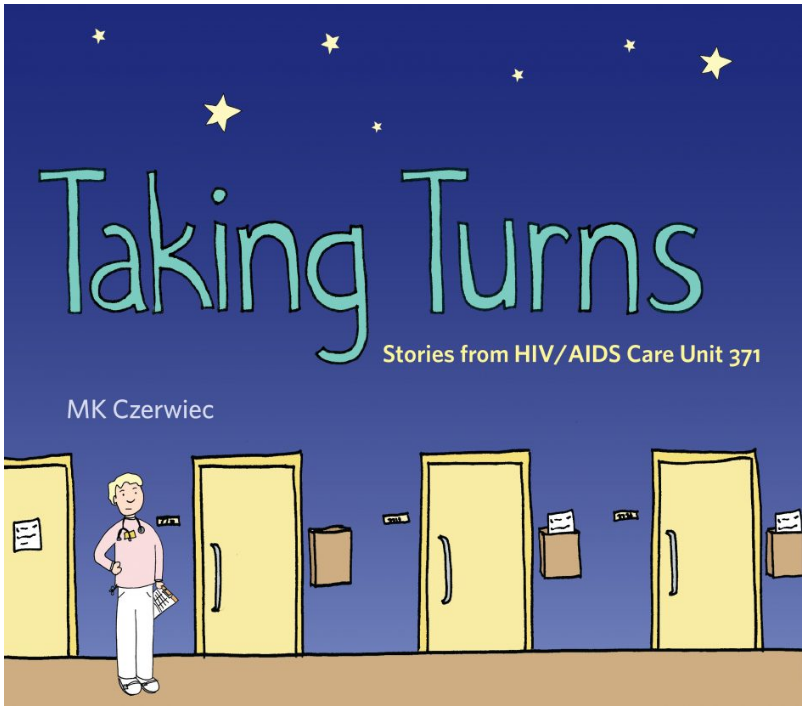
On February 21st, Swedish Health Services in Seattle, Washington, announced that its CEO, Tony Armada, had resigned after a report by the Seattle Times that neurosurgeons were being incentivized to increase the volume of surgeries at its Neuroscience Institute and did so at times in ways that compromised patient safety. The Times reported that as a result of efforts to increase the volume of neurosurgeries at the Swedish Neuroscience Institute, nurses in the neuro intensive care unit were often assigned an unsafe number of patients and at times worked a dangerous number of hours—in some cases, up to 20 consecutive hours. The hospital was reported to have of high rates of blood clots, collapsed lungs and serious surgical complications. One neurosurgeon noted for his high volume of complicated surgeries was hired by the hospital despite being under investigation in California for high rates of complications at another facility. When internal complaints about this neurosurgeon emerged at Swedish, the surgeon was promoted to a leadership position. Despite staff expressing concerns about inadequate patient care, inappropriate surgeries, poor documentation, a lack of accountability for postoperative complications and questionable decisions that resulted in patient harm and death, those who shared these concerns with hospital leaders often experienced intimidation and retribution.
In recent years, there has been tremendous pressure on hospitals and other health care organizations (HCOs) to grow larger, increase the volume of profitable services, and increase their profit margins. Some have done so in ways that compromise their missions of service to individuals, families and the communities they serve. With the chaos that’s surrounding the potential repeal of the Affordable Care Act, this pressure is likely to continue. In the face of such pressures and chaos, how should healthcare organizations behave and how should they be held accountable for the ways in which they operate?
Recently, the journal Academic Medicine published a paper on a new Charter on Professionalism for Healthcare Organizations that may serve as a guidepost for HCOs to stay focused on their mission, while preserving a healthy financial bottom line.
HealthCetera producer and moderator Diana Mason, RN, PhD, was part of the workgroup that developed the Charter. On an upcoming edition of HealthCetera, she talks with two other members of the workgroup about the Charter, why it was developed, what it contains, and how people might use it to improve the professionalism of HCOs. Her guests are Barry Egener, MD, an internal medicine physician, Medical Director of the Foundation for Medical Excellence that led the charter development, and Chair of the Charter workgroup; and May-Lynn Andresen, RN, BSN, DNP Candidate and Vice President for QHC Advisory Group, a healthcare consulting company.
This program was to have aired on March 9th but had to be postponed. So tune in on March 23rd on WBAI, 99.5 FM in New York City, or streaming at www.wbai.org. Or you can listen anytime here:
HealthCetera is sponsored by the Center for Health, Media & Policy.
On February 21st, Swedish Health Services in







